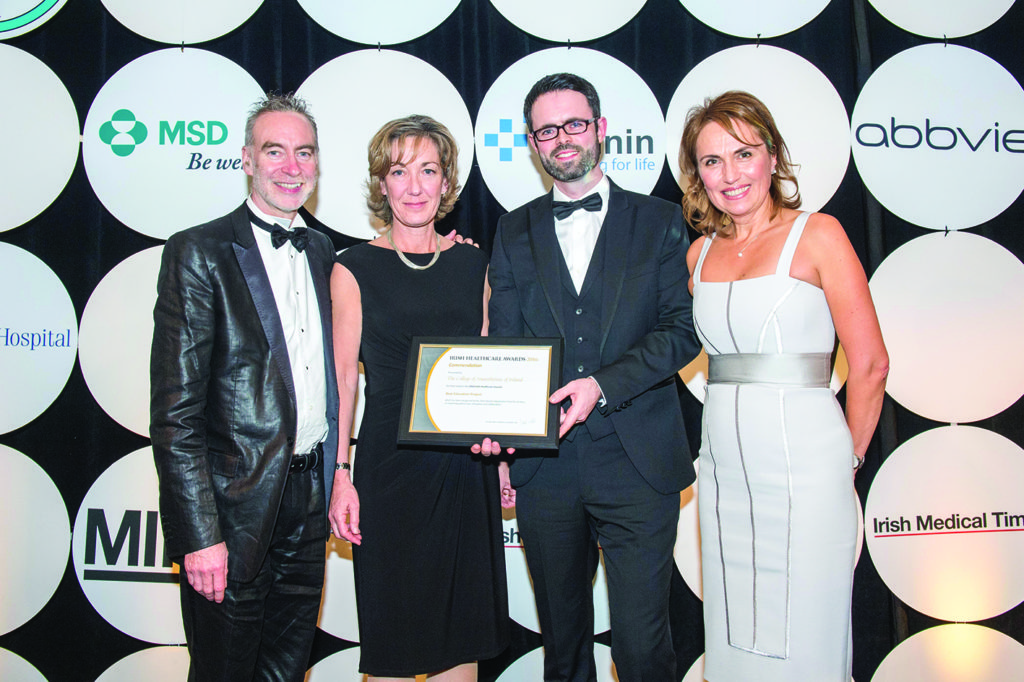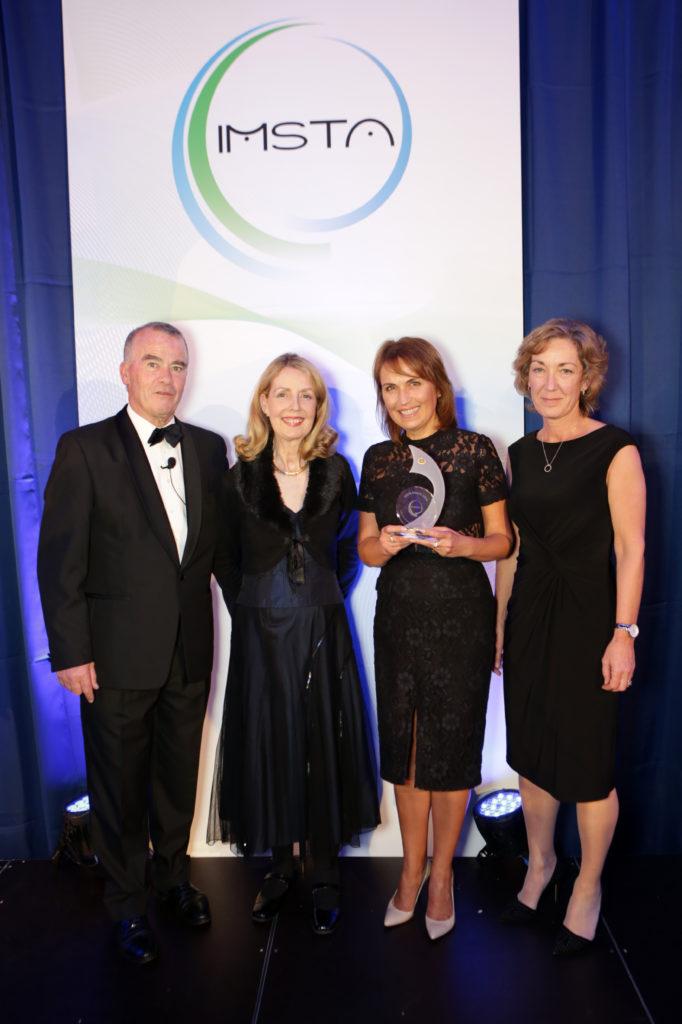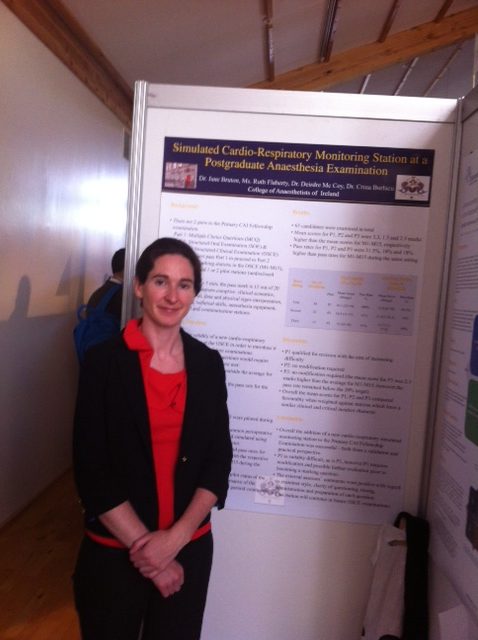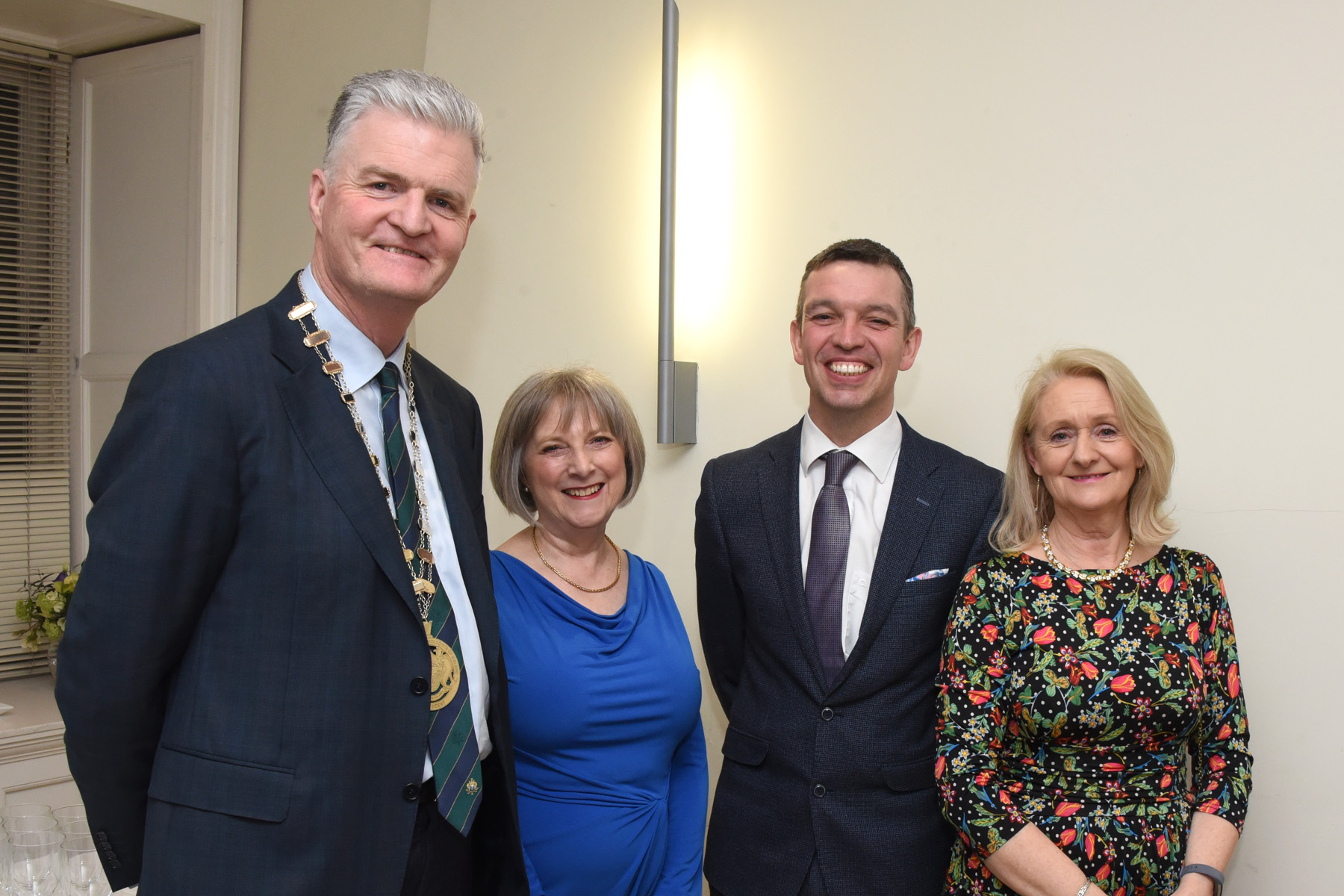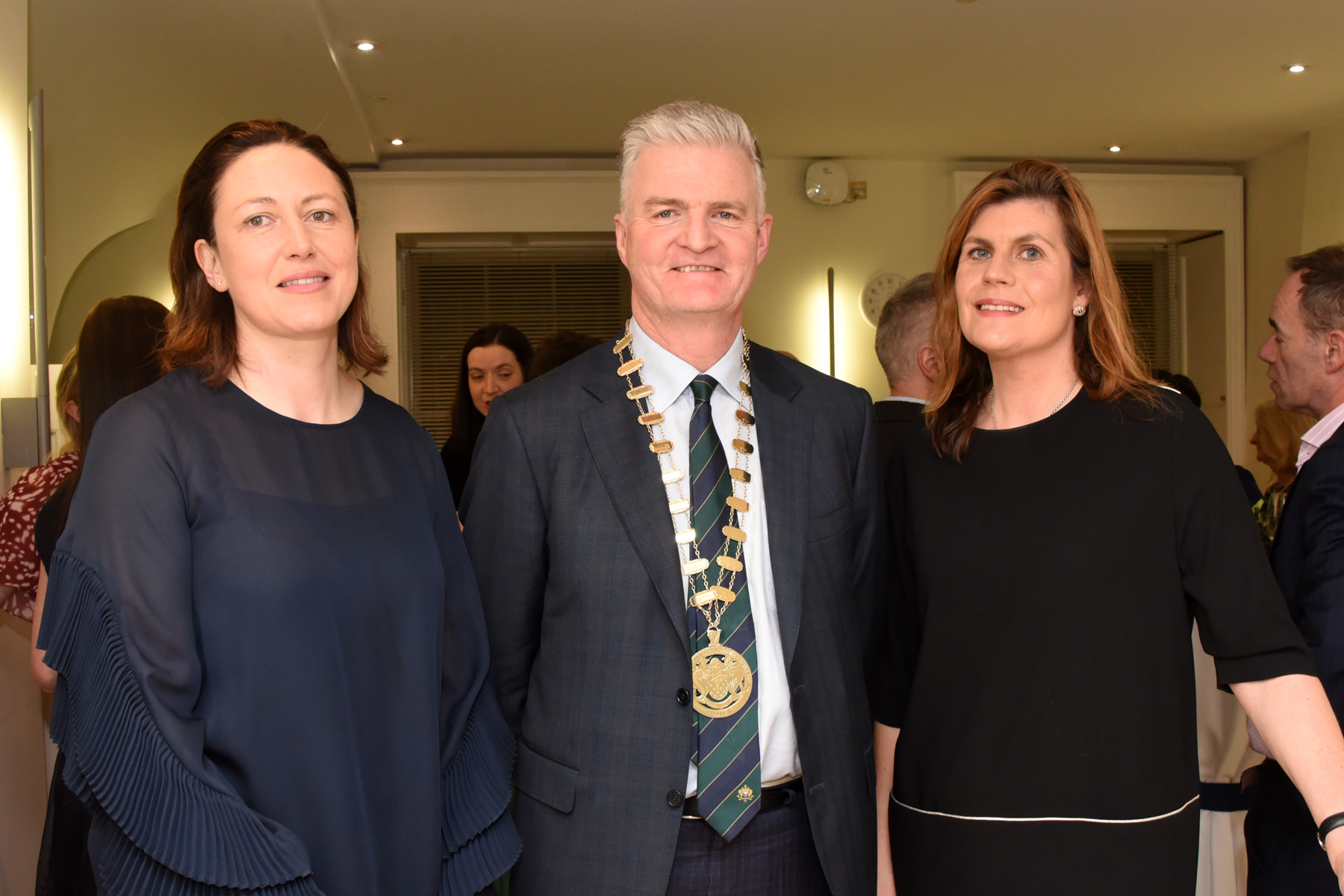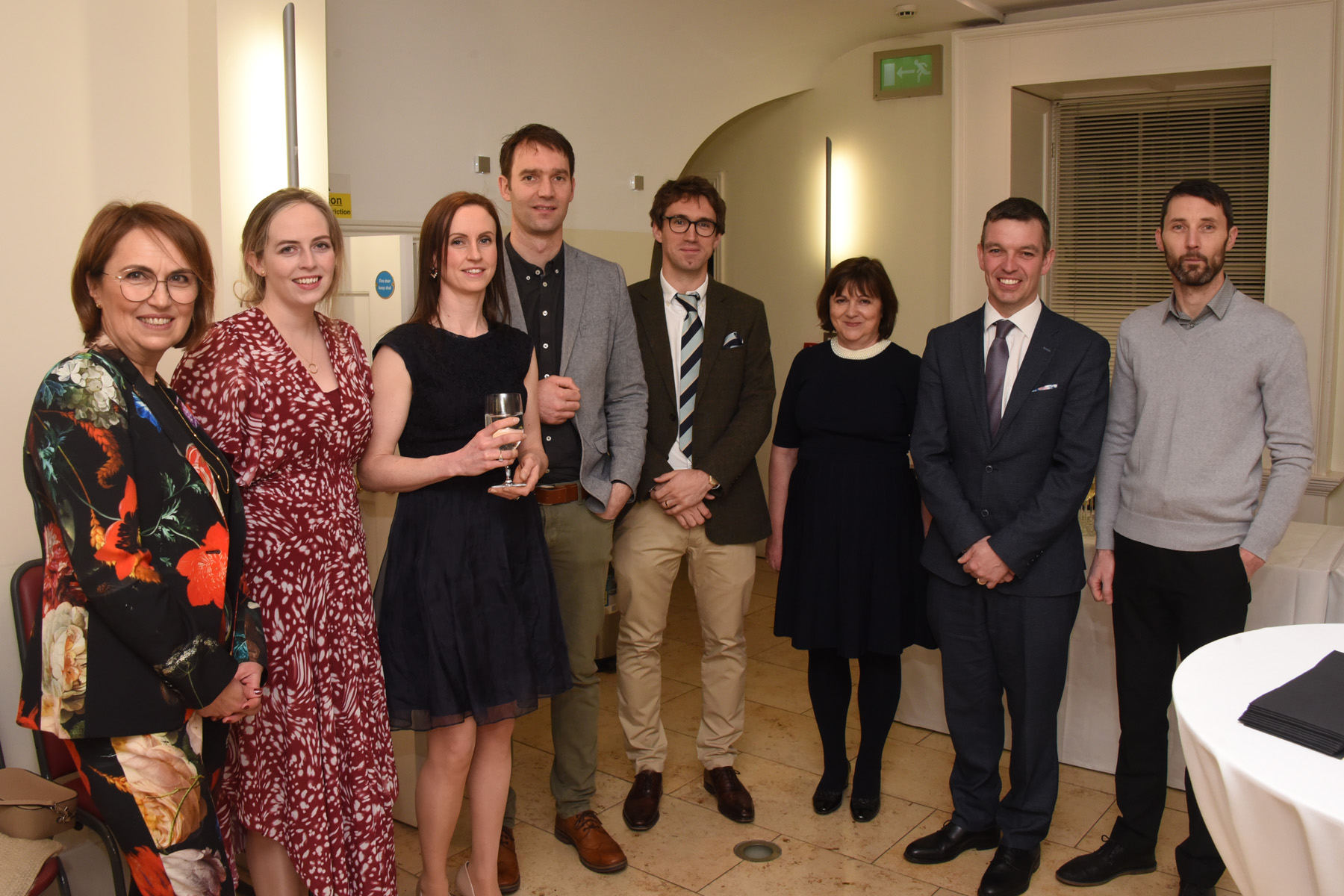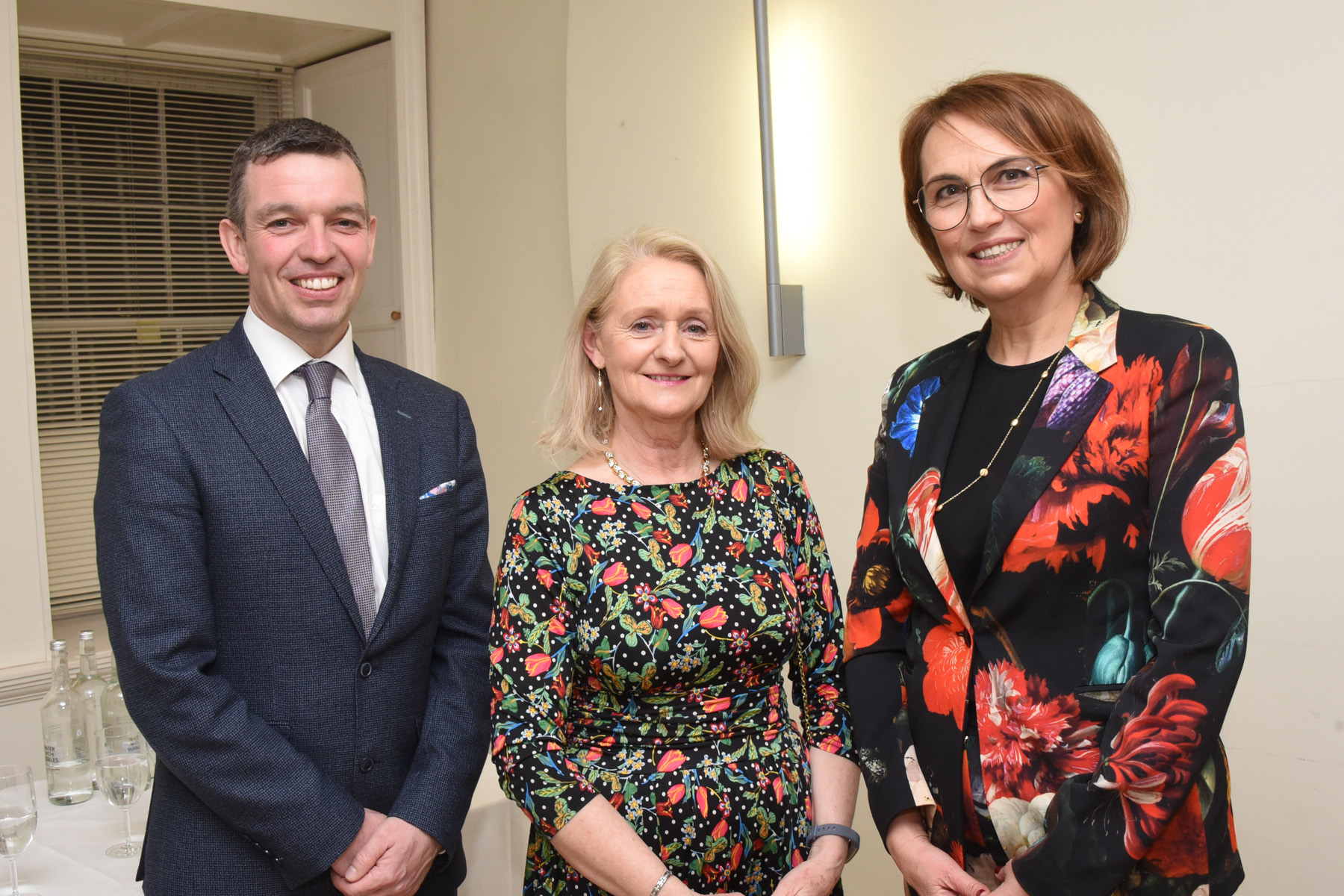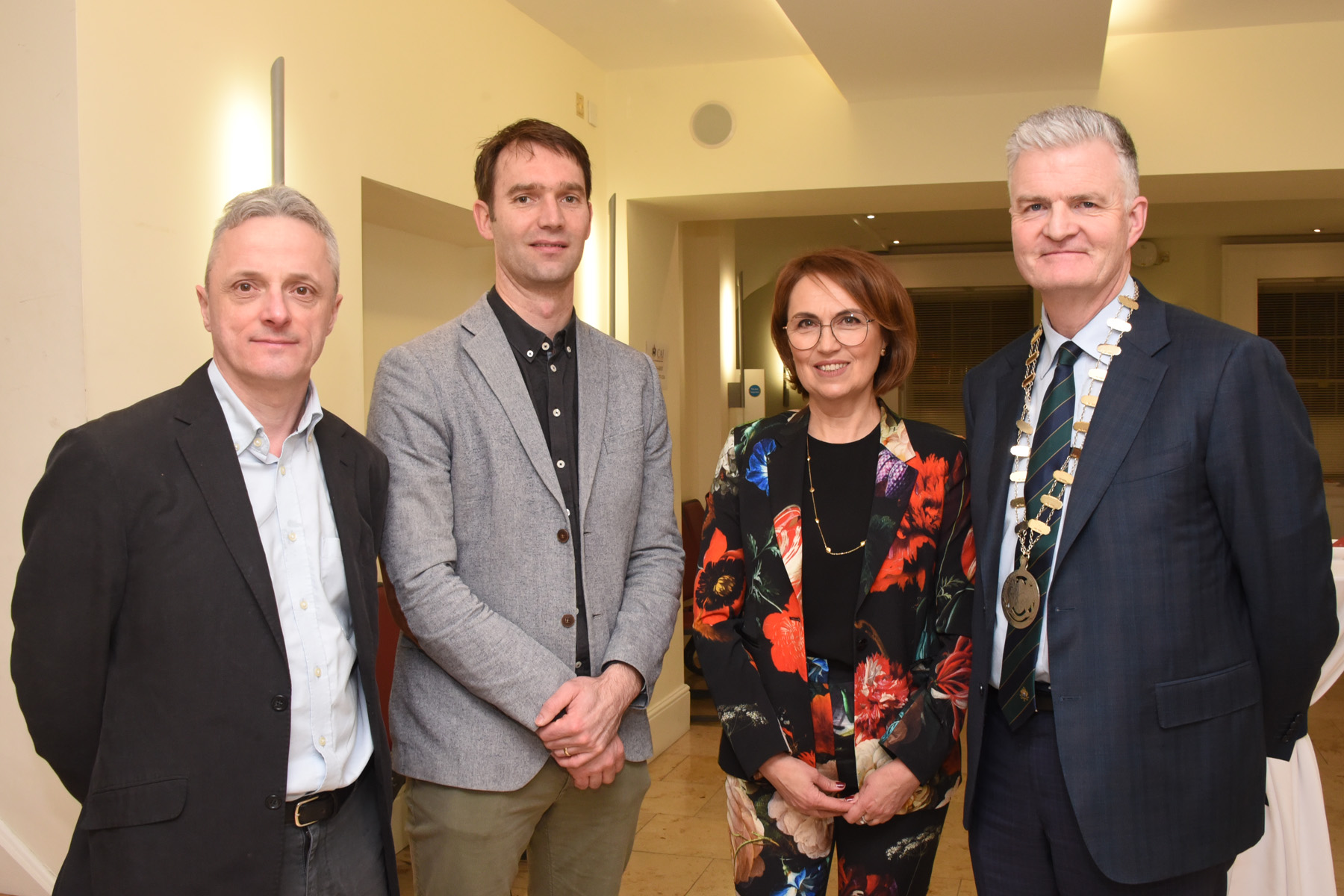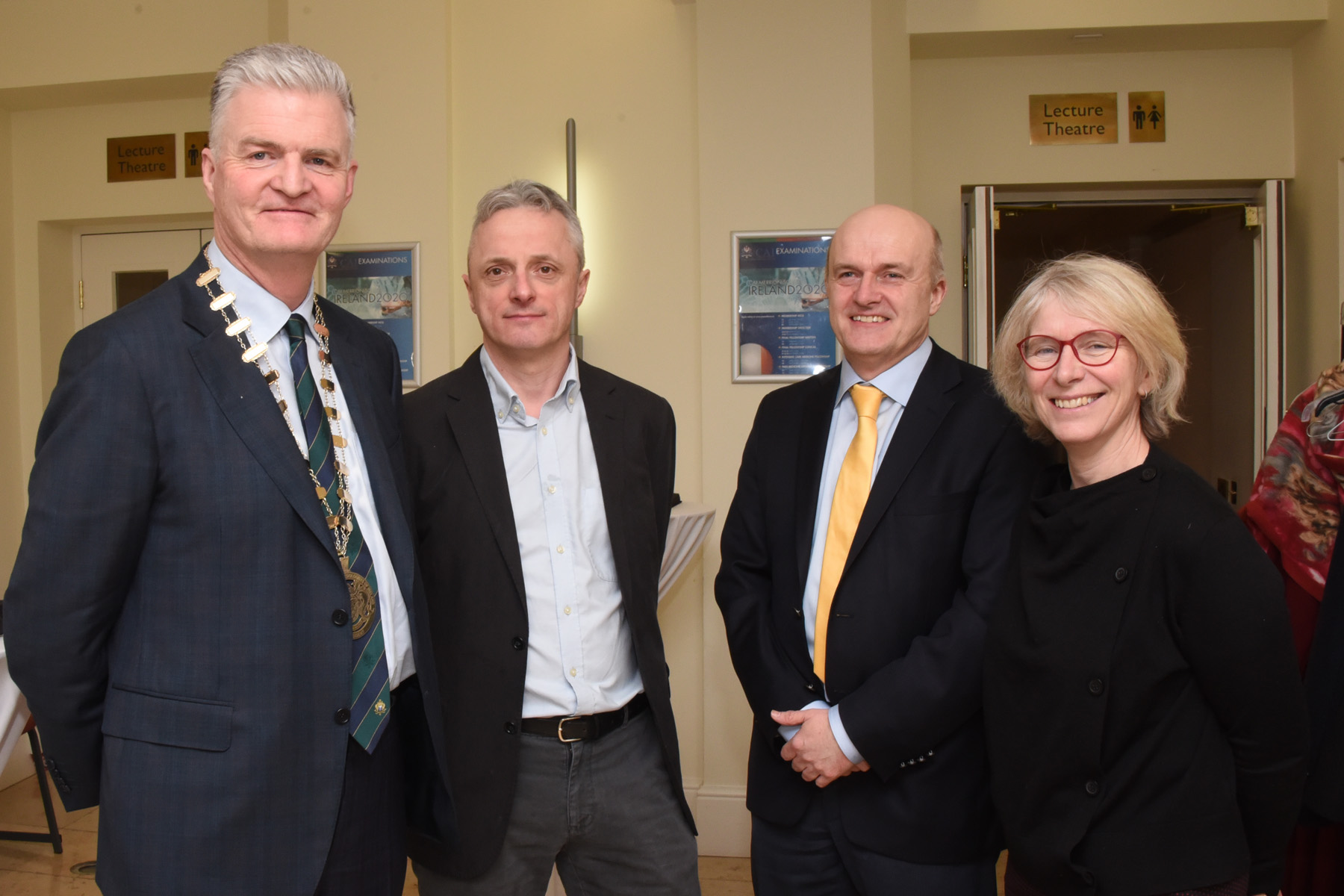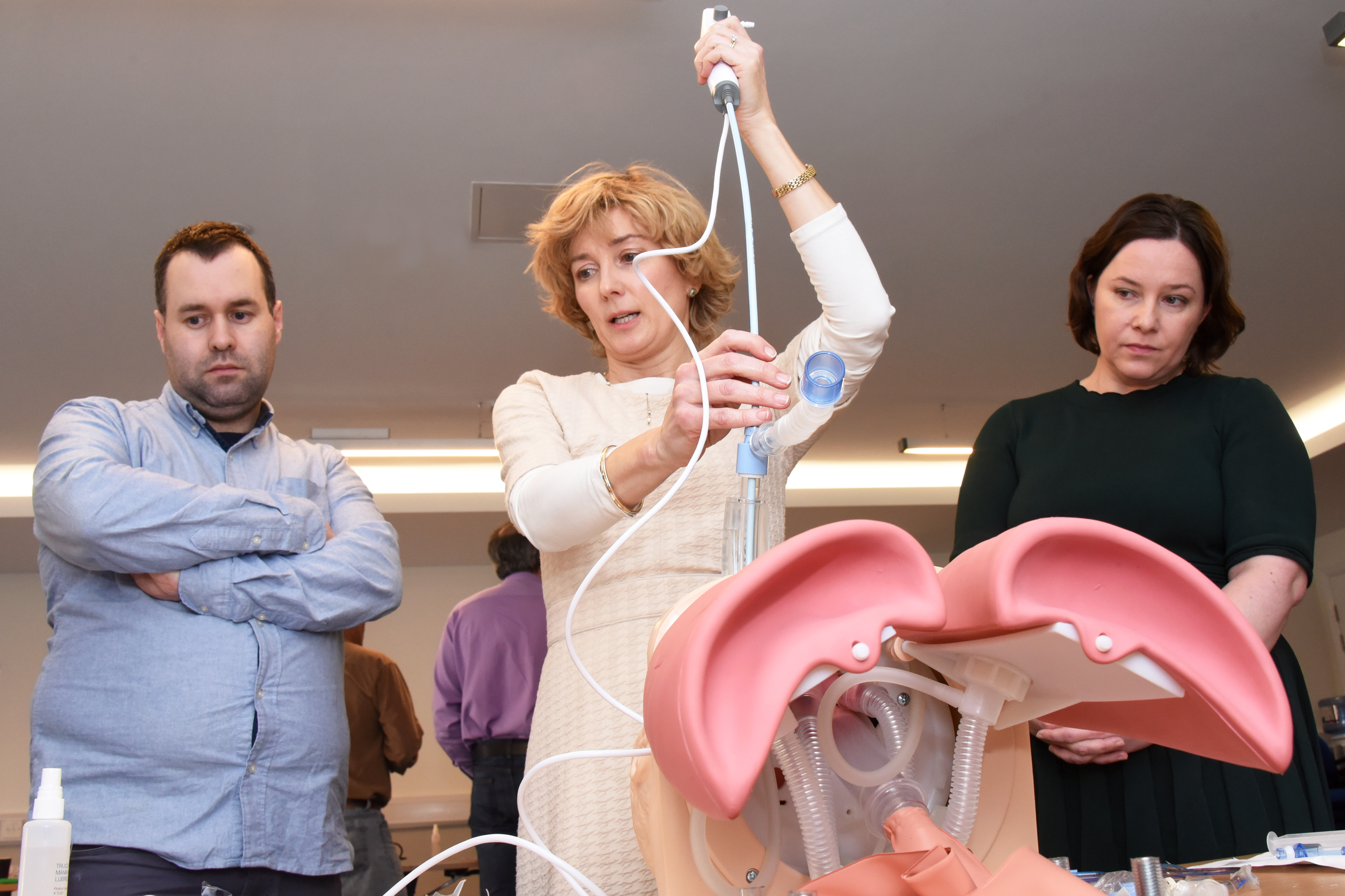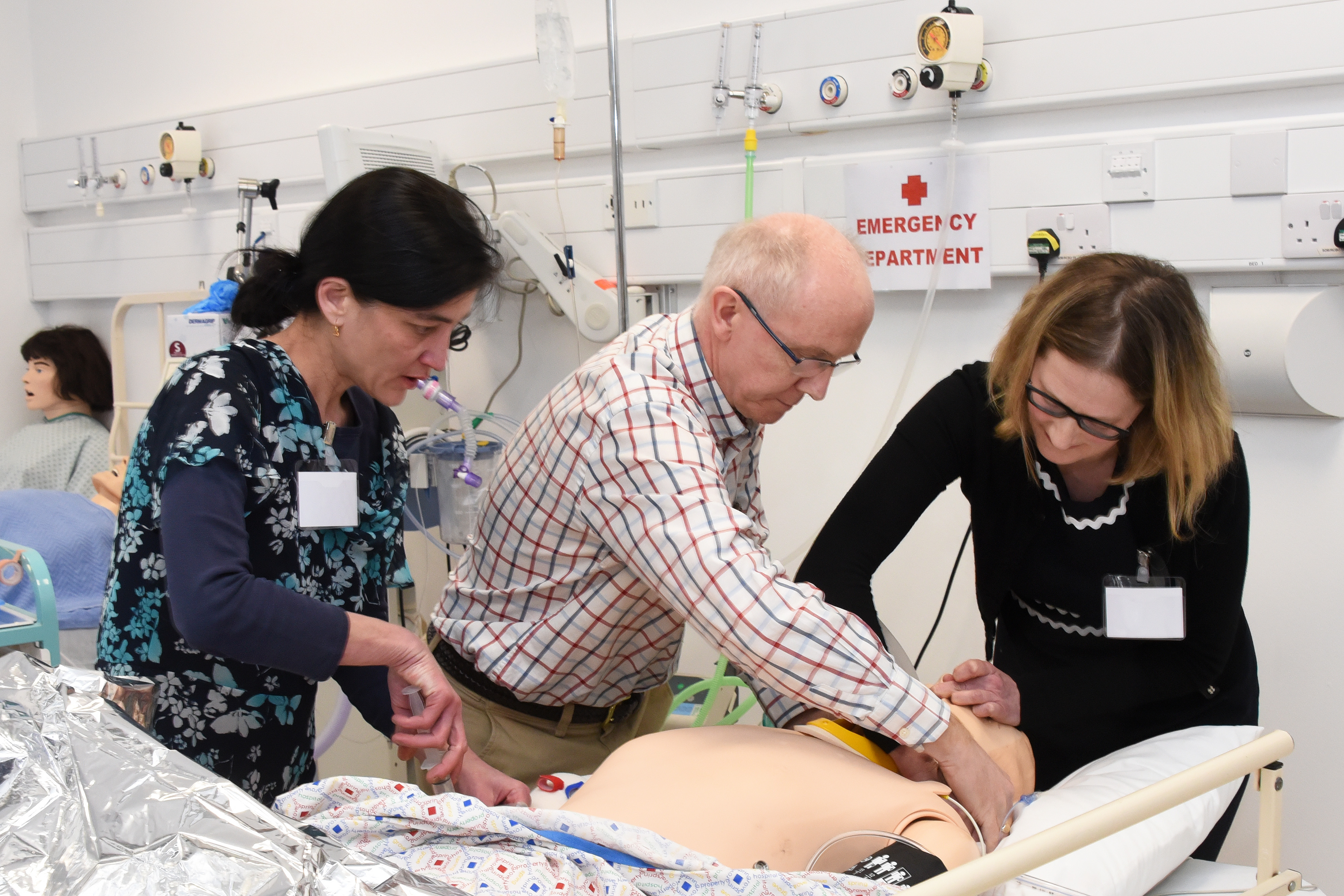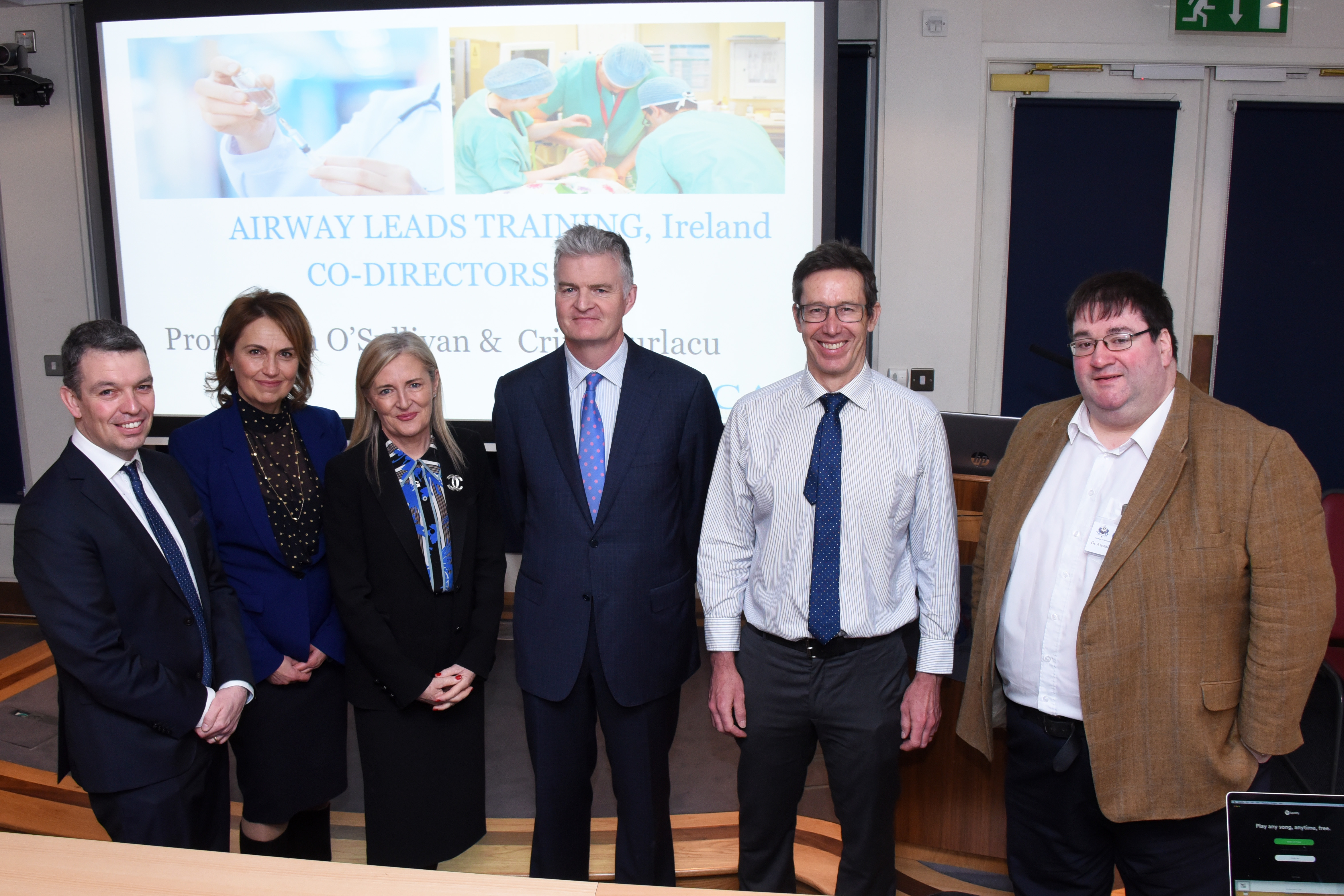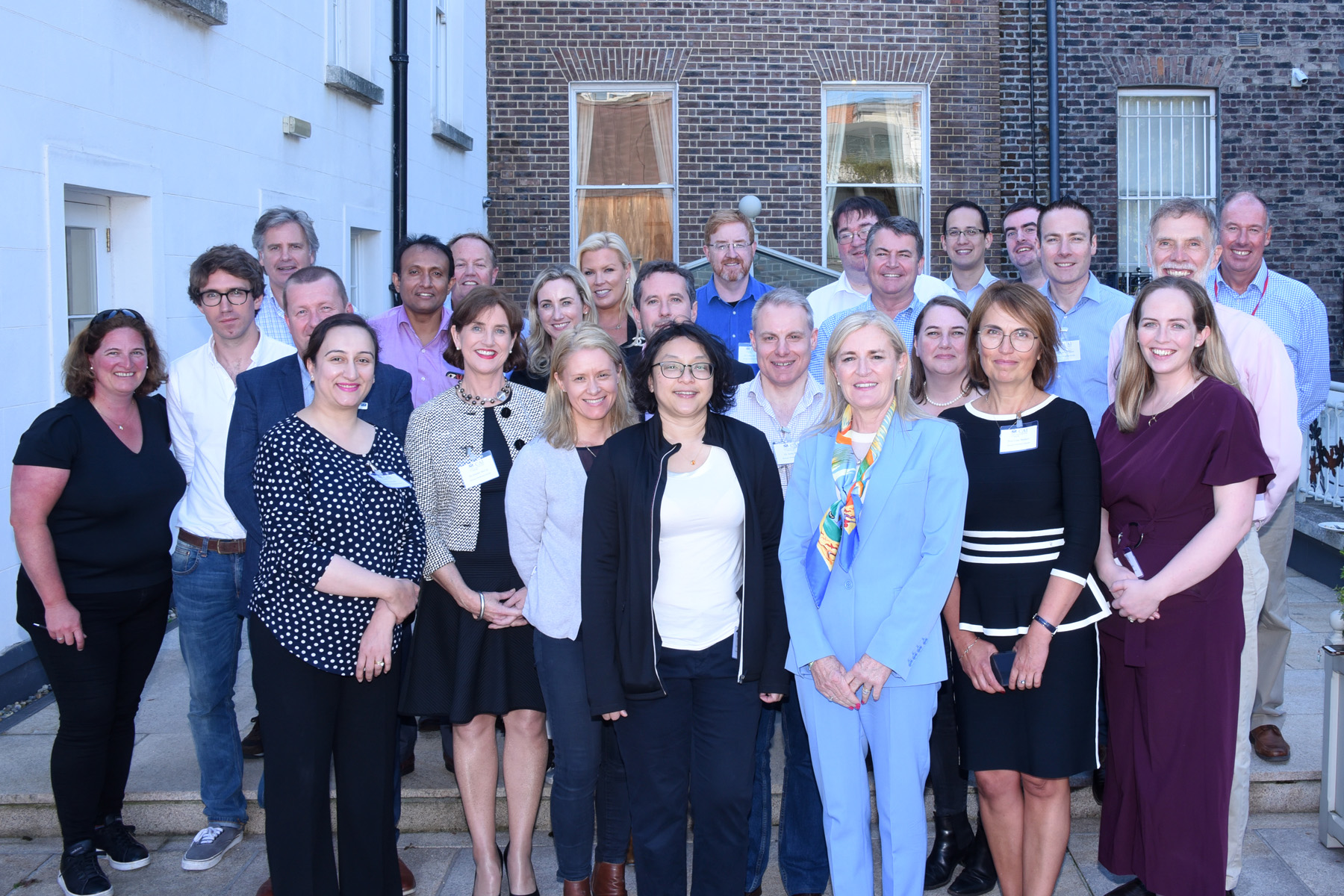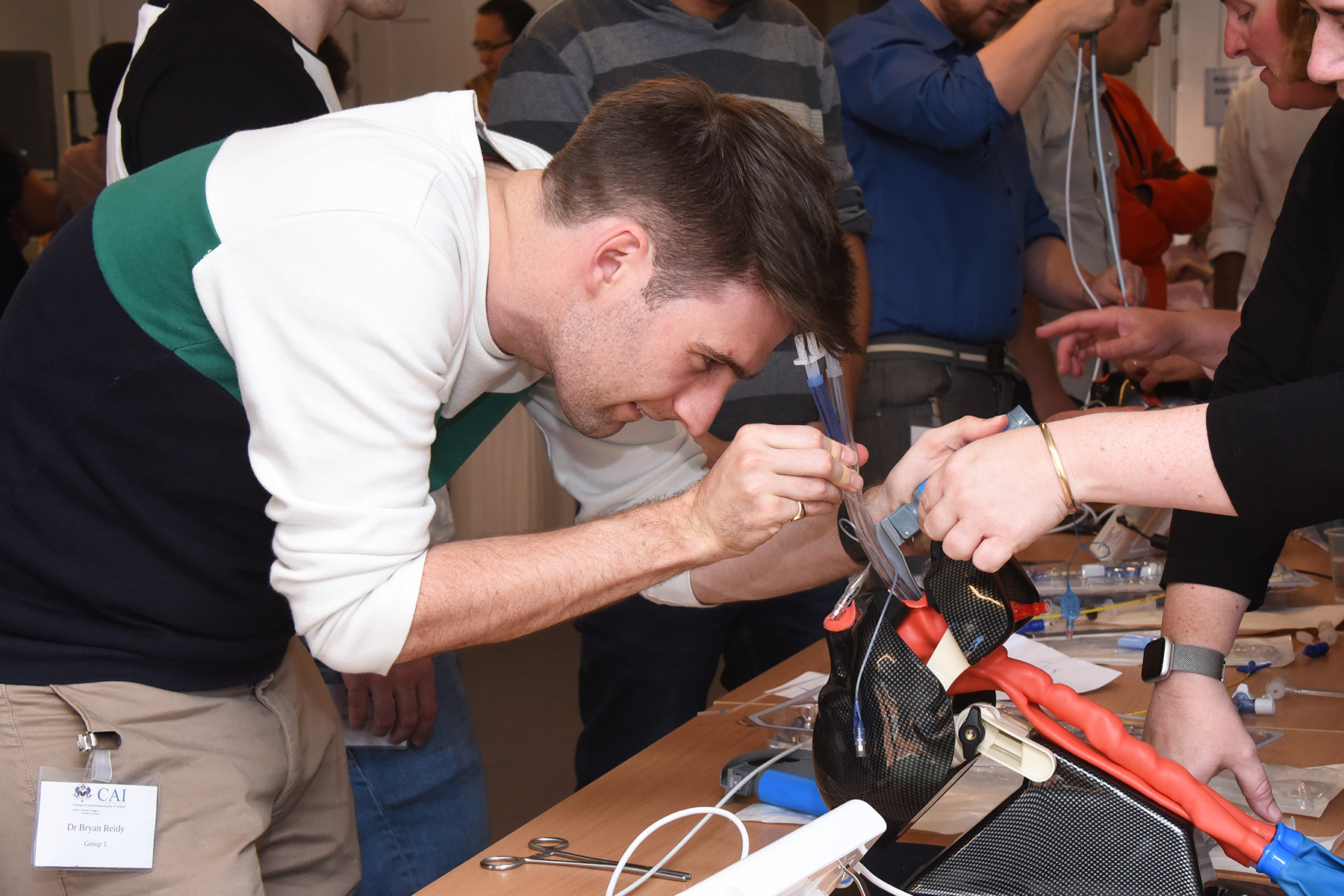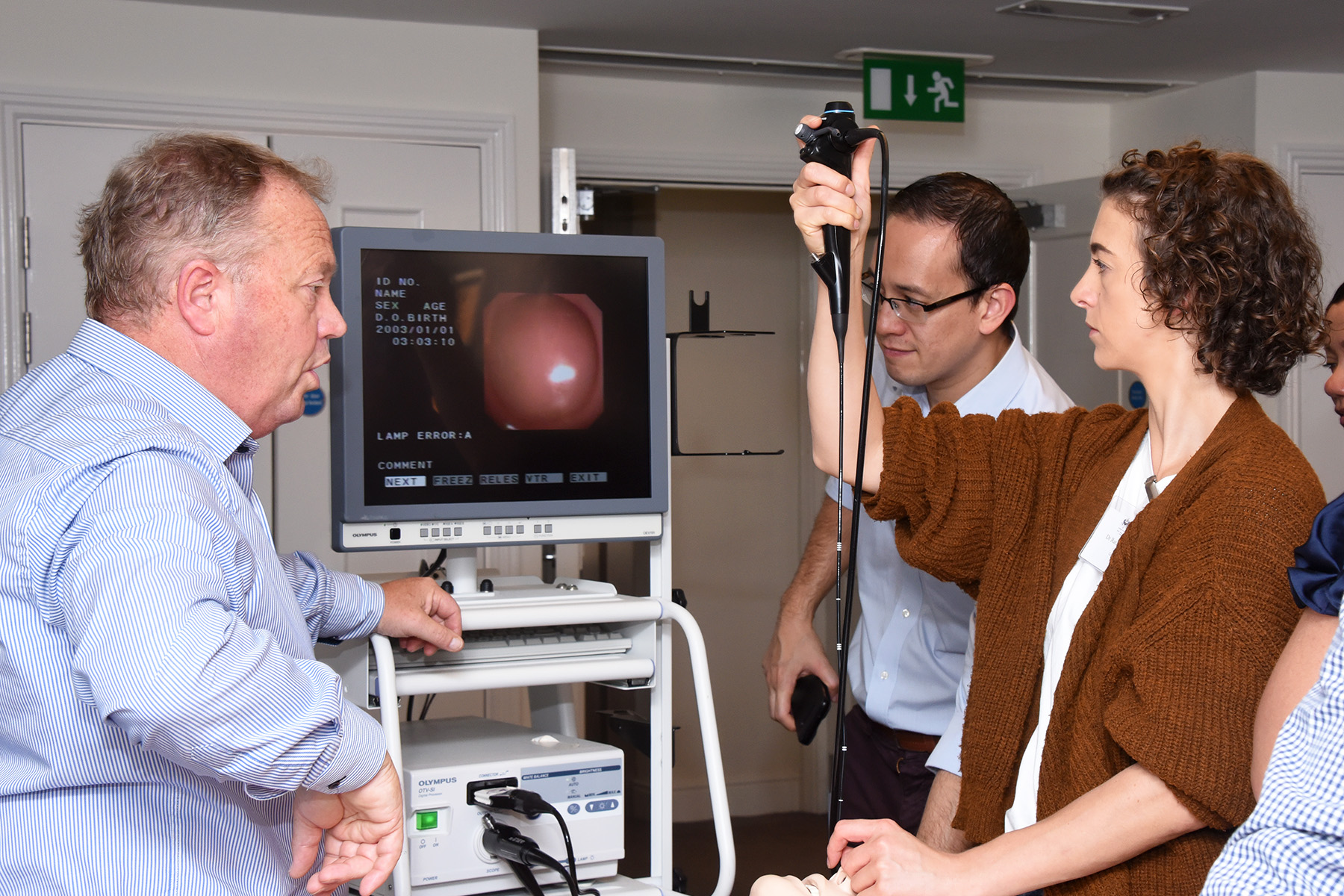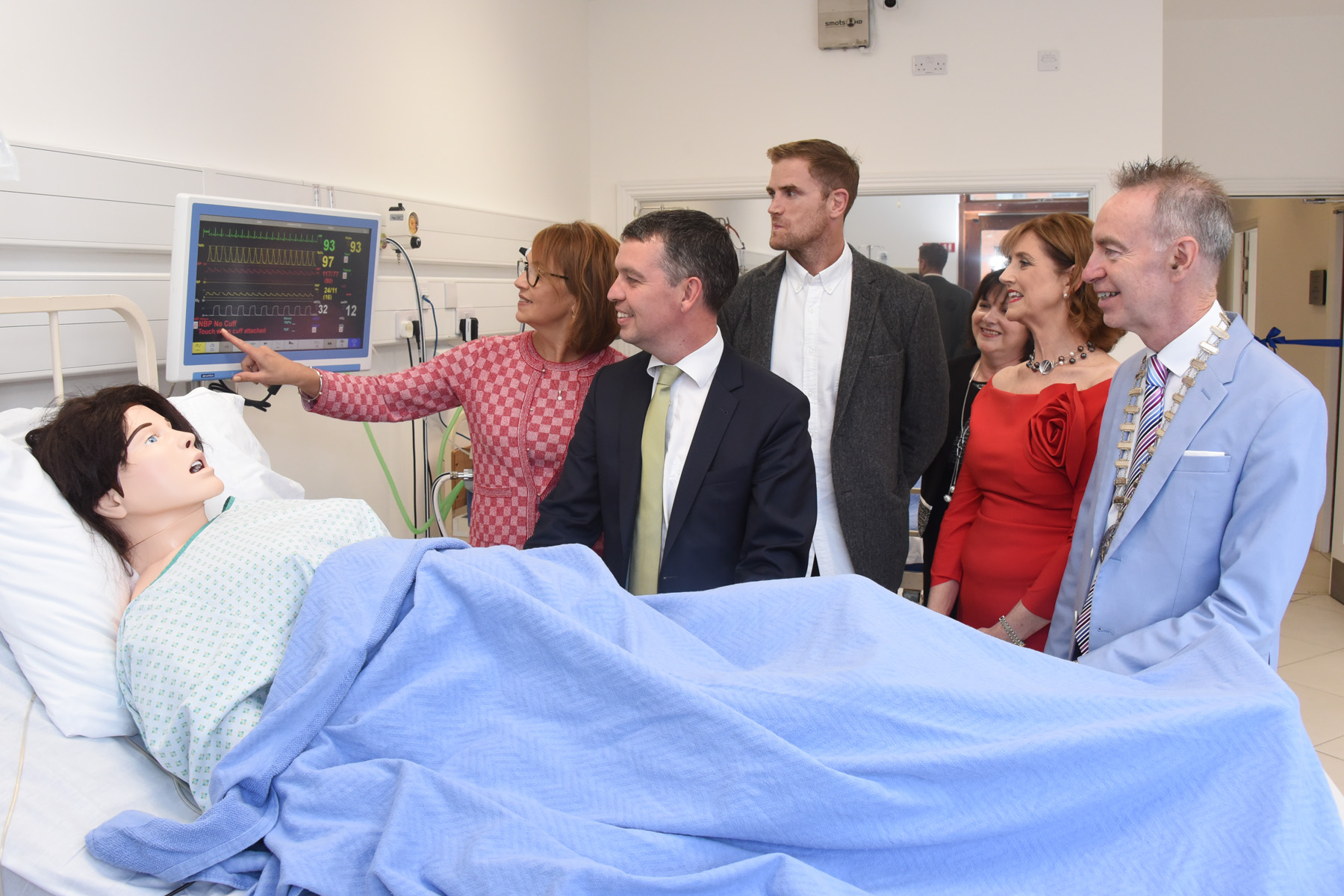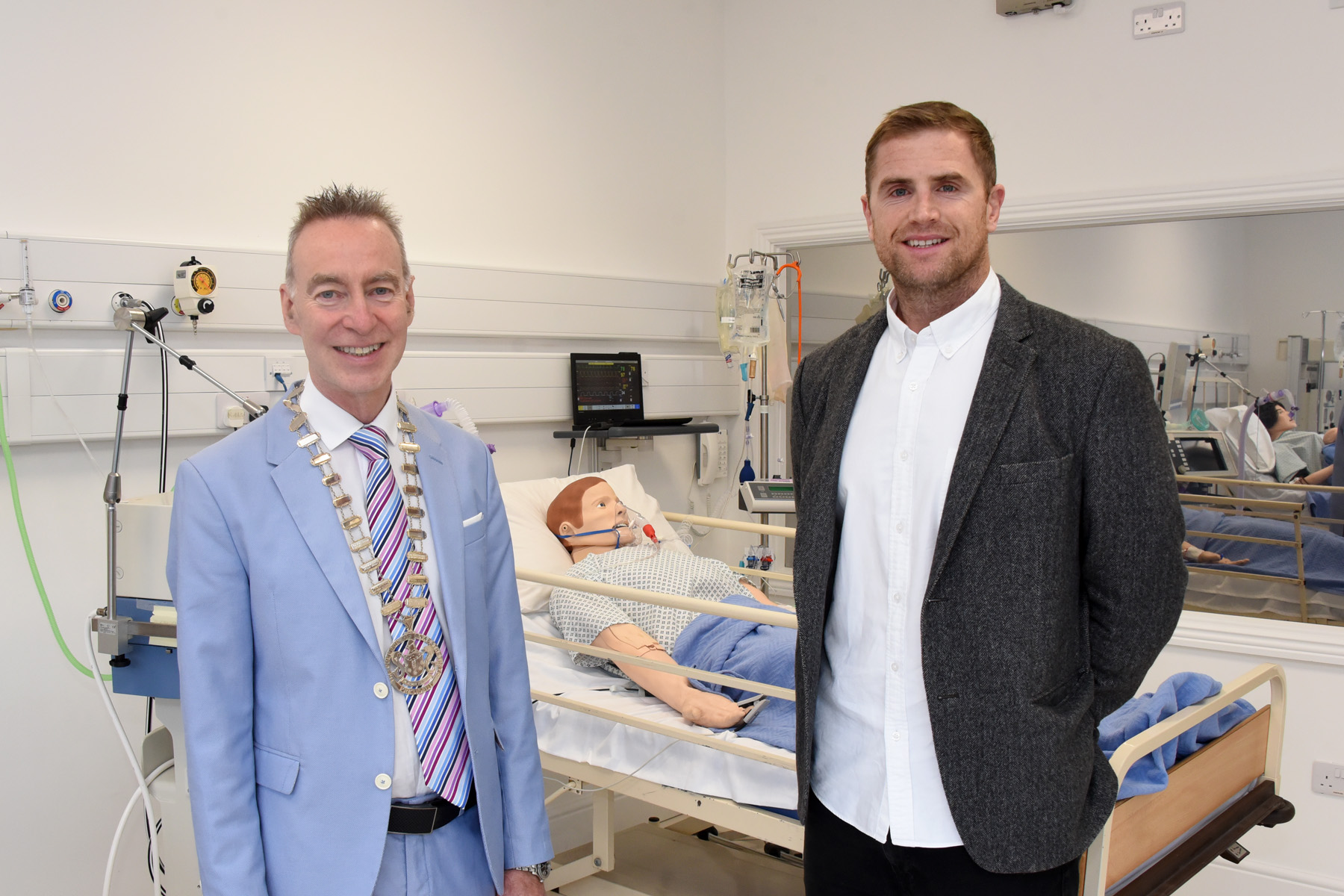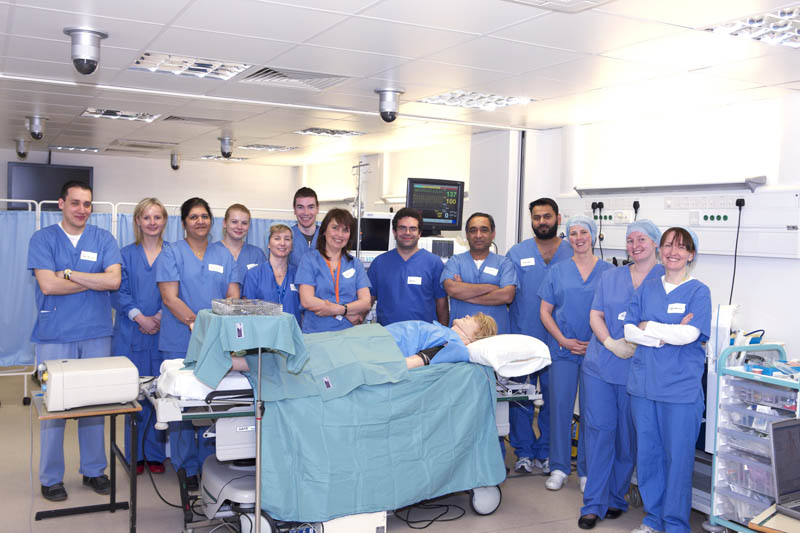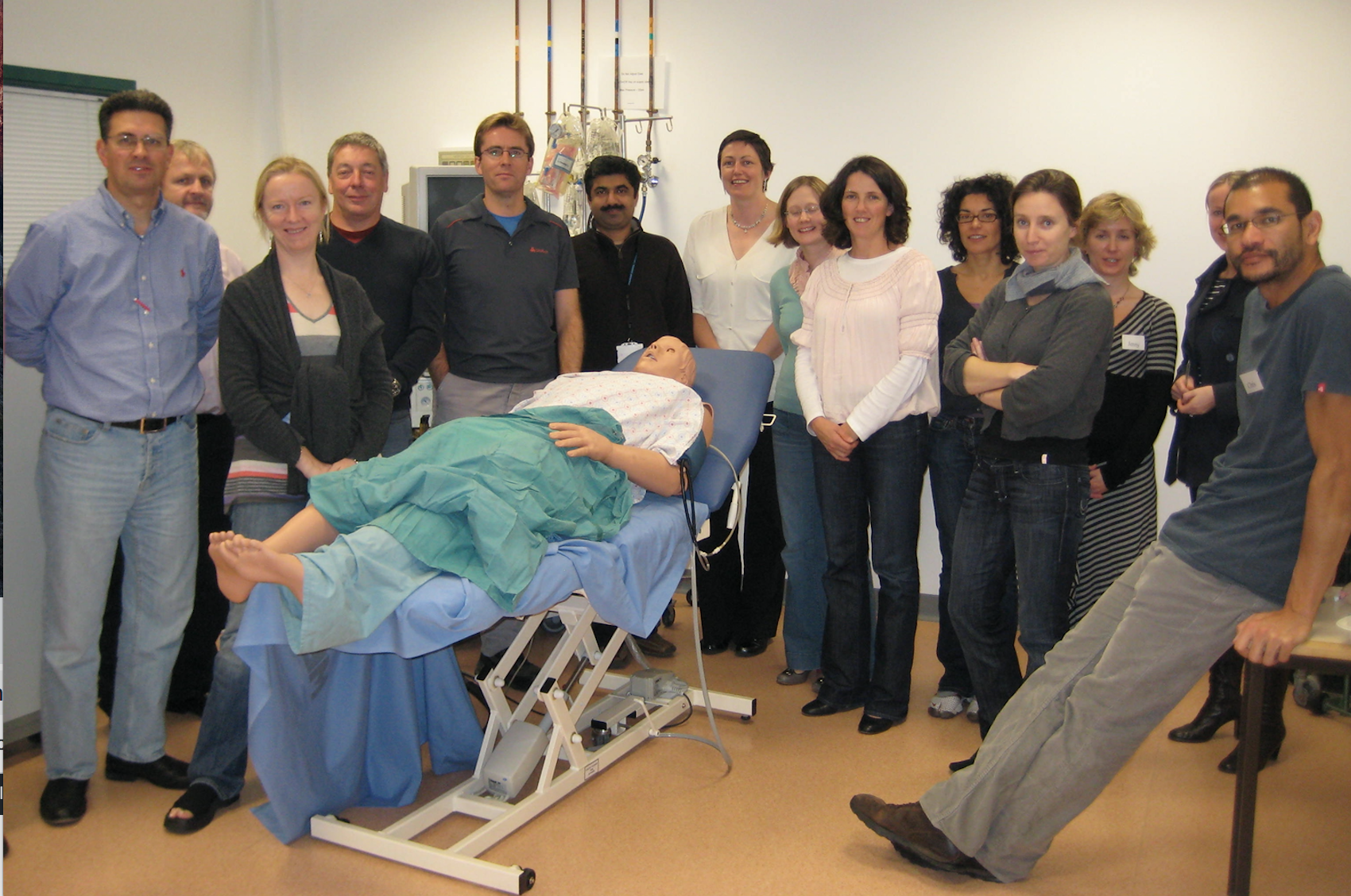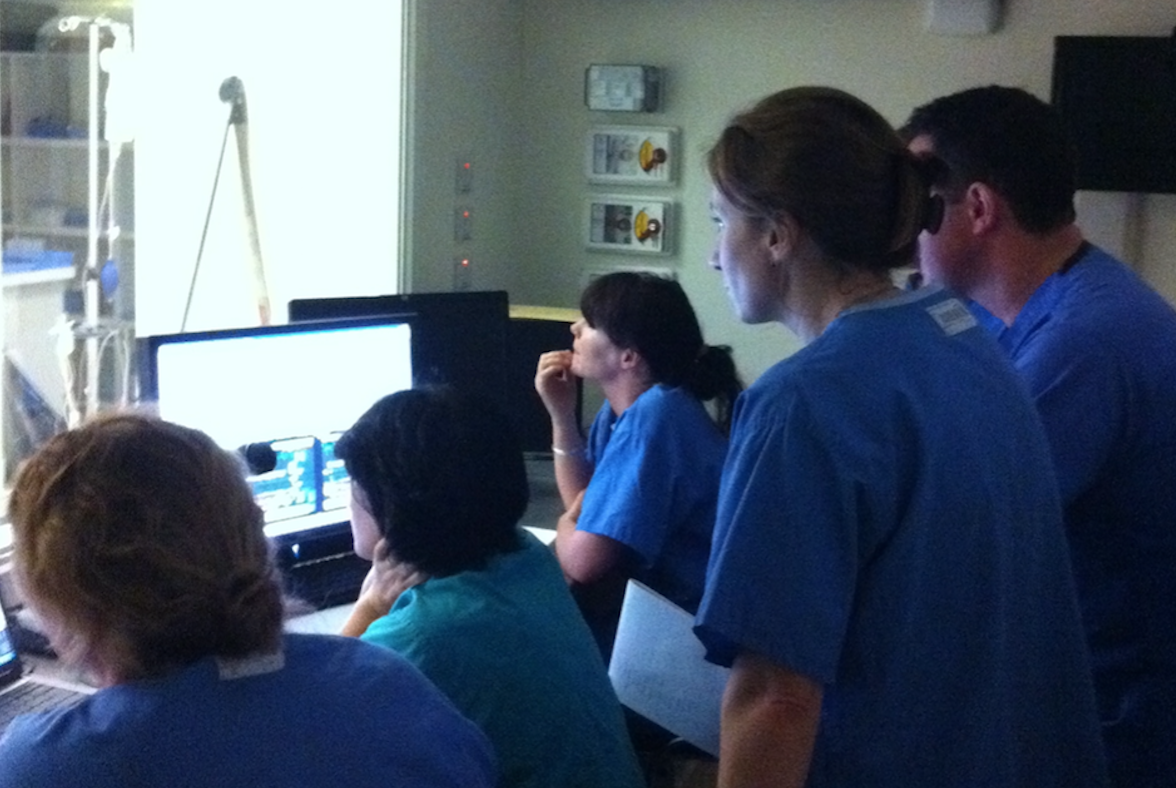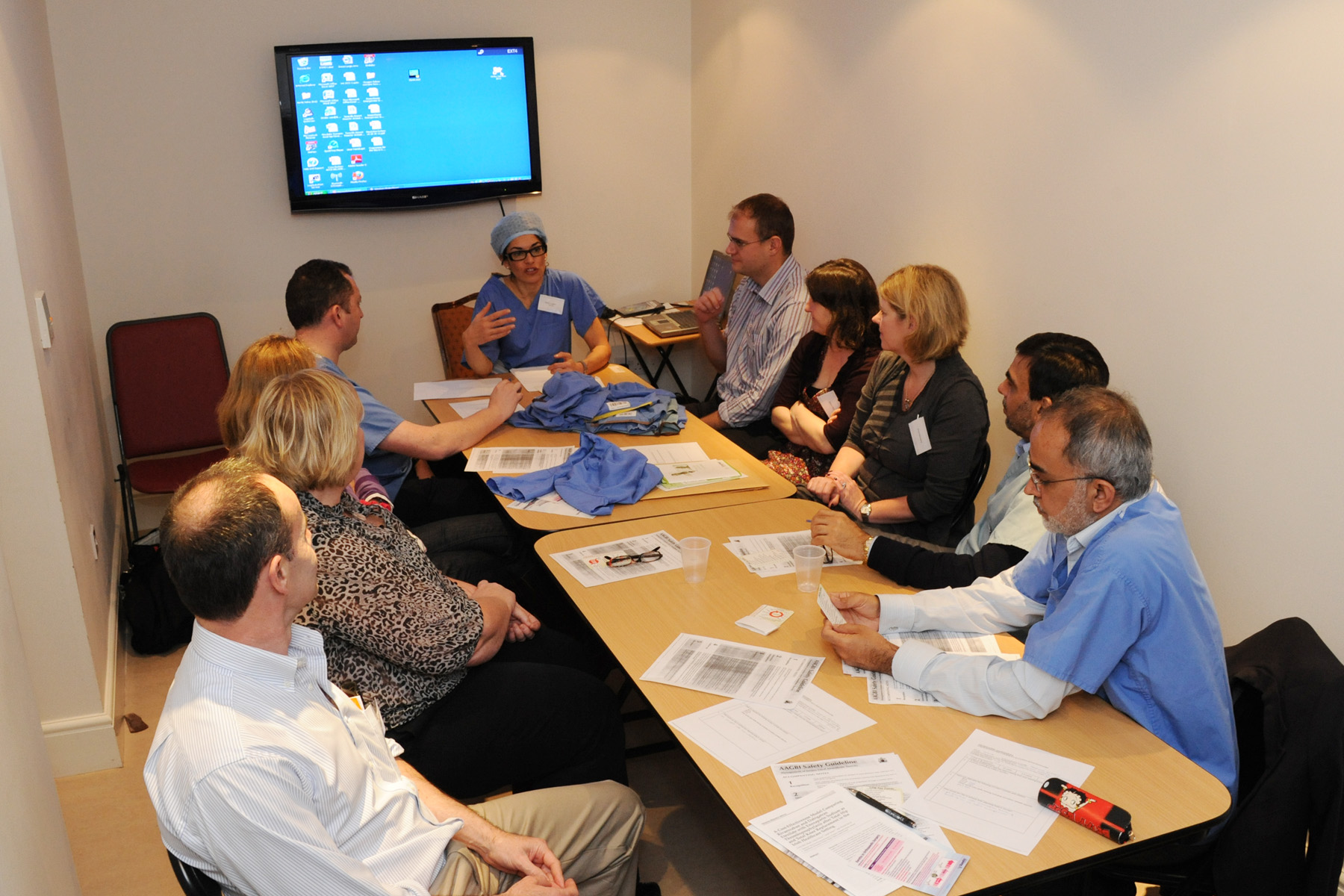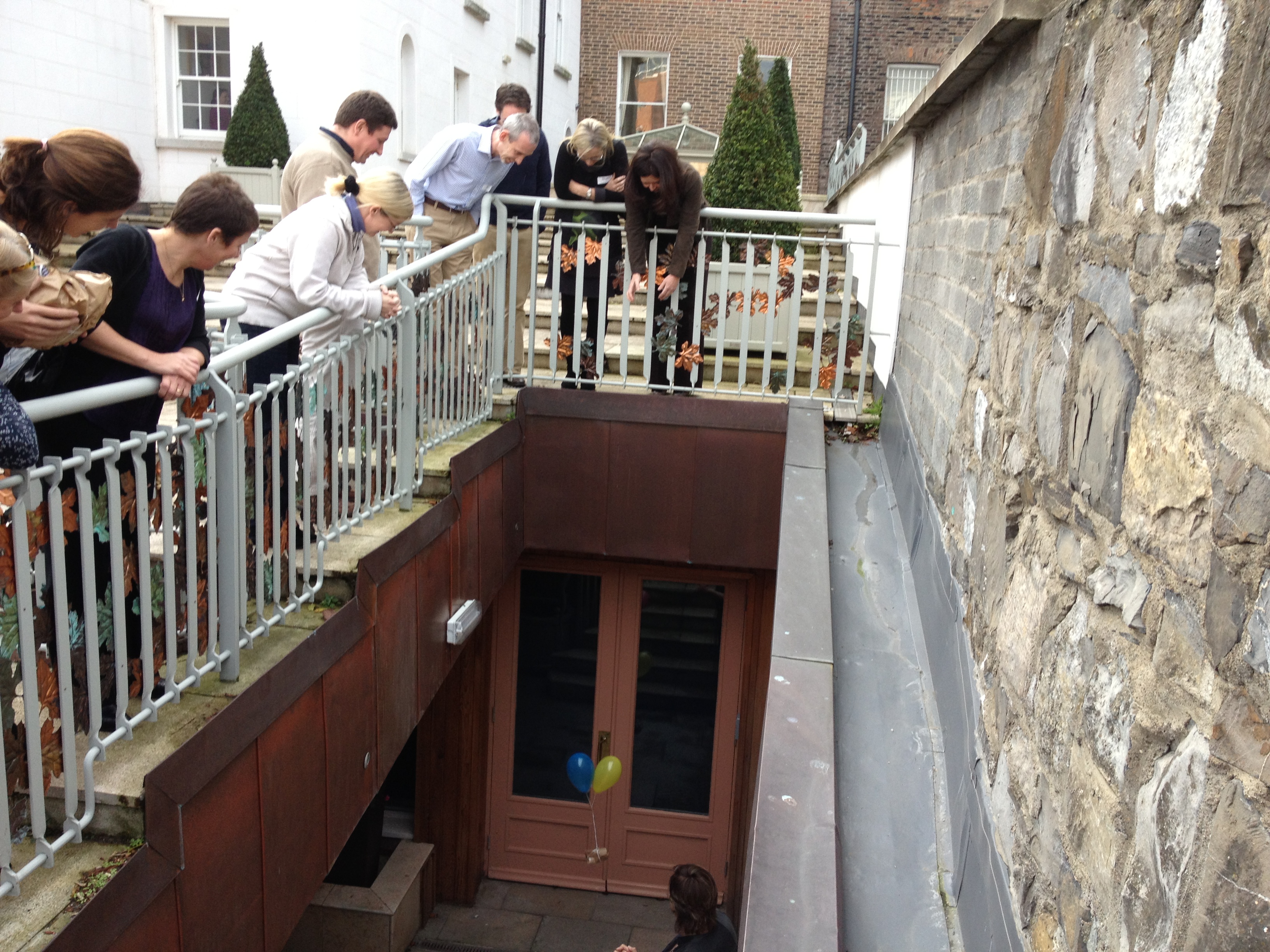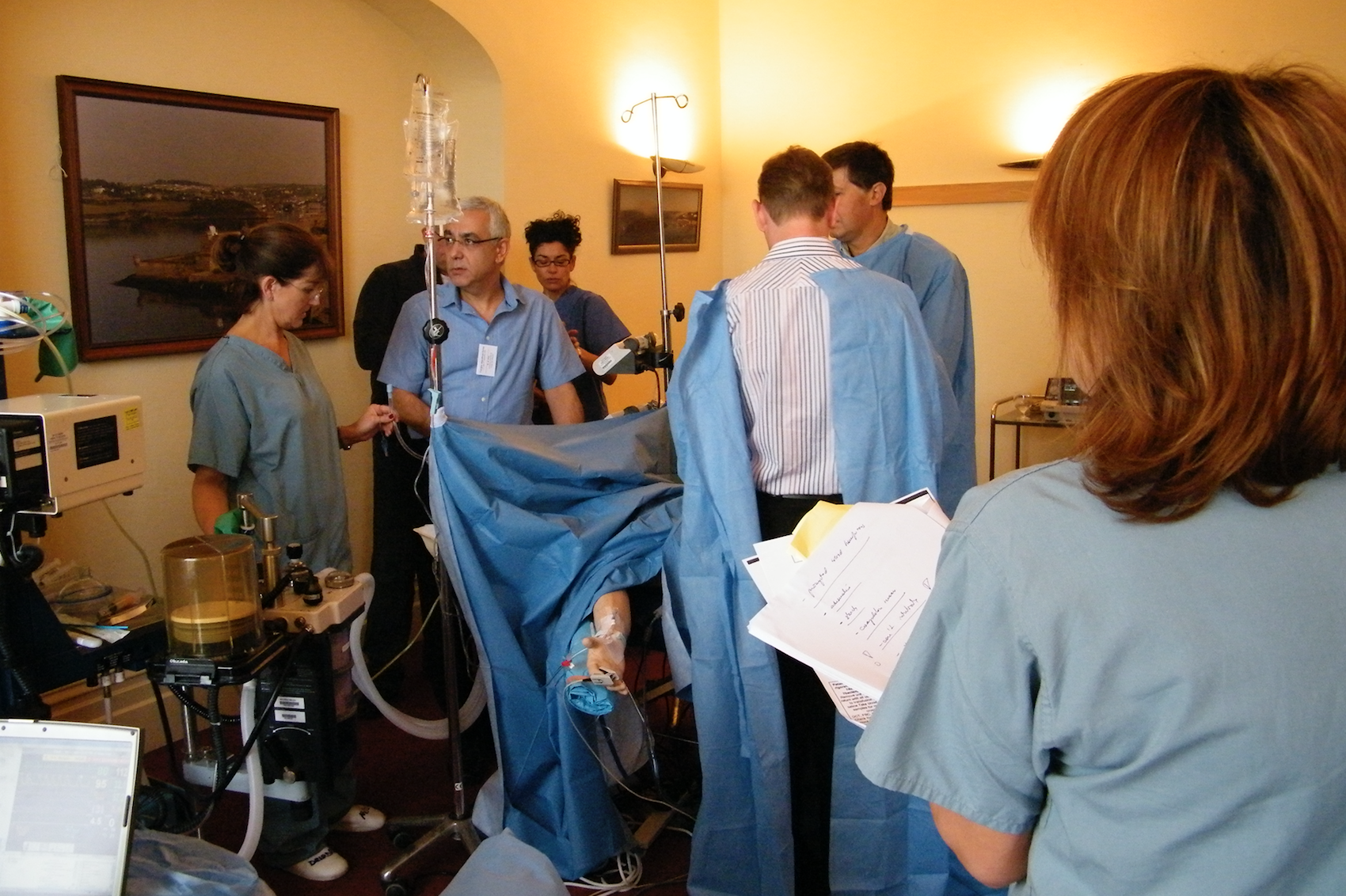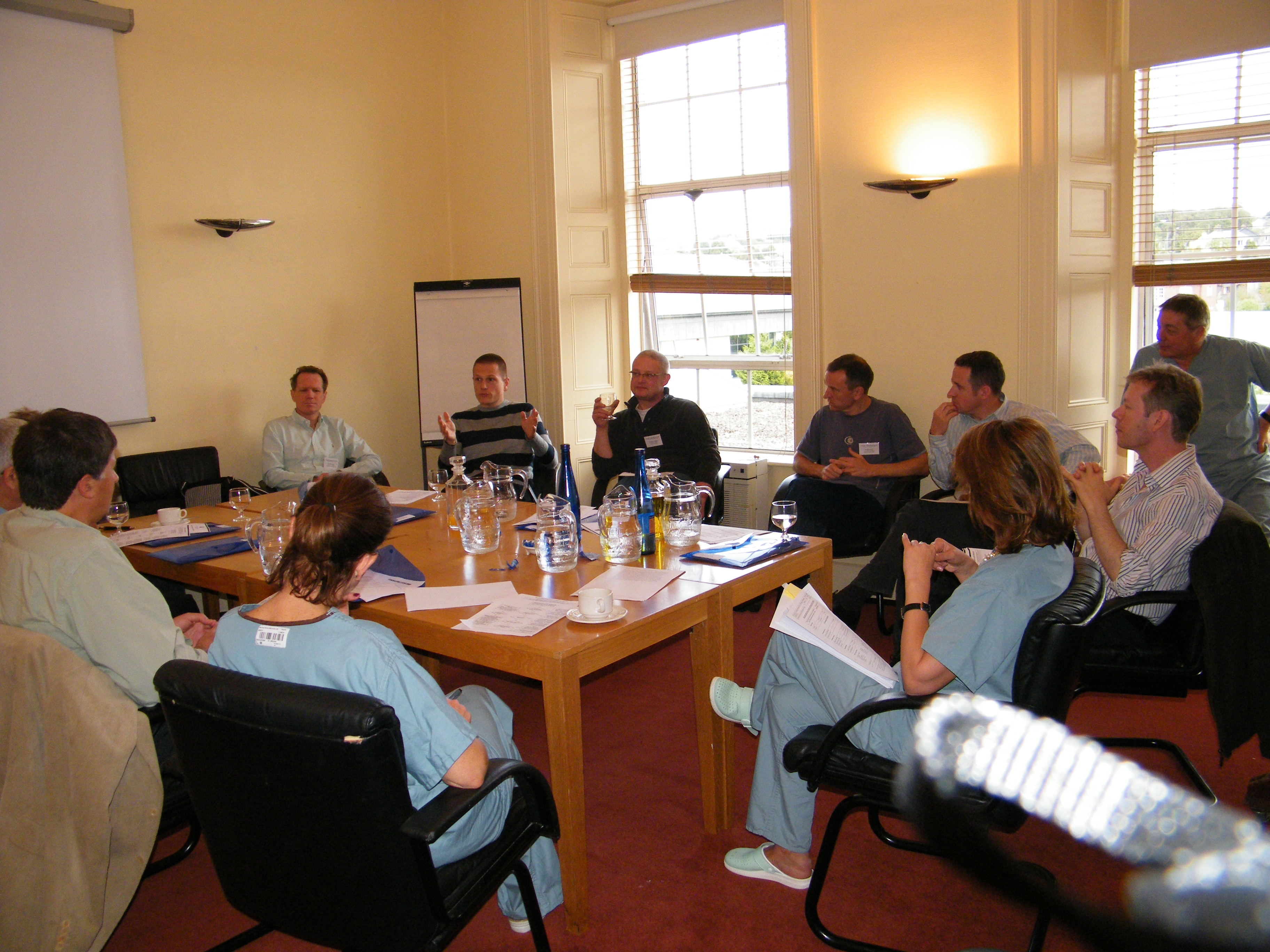Simulation Programme
 College of Anaesthesiologists Simulation Training (CAST) Programme: Leading Simulation-Based Education for Anaesthesiologists
College of Anaesthesiologists Simulation Training (CAST) Programme: Leading Simulation-Based Education for Anaesthesiologists
Since its launch in 2010, the College of Anaesthesiologists Simulation Training (CAST) Programme has become a cornerstone of anaesthesiology education. What began with a few optional courses has evolved into a comprehensive and essential component of anaesthesiology training. Over the years, the programme has grown steadily, offering a diverse range of courses that continue to shape the skills of anaesthesiologists in training.
Each year, the CAST Programme provides more than 60 simulation courses to trainees in the Specialist Anaesthesiology Training (SAT) programme. Courses are held at three state-of-the art simulation centres across Ireland in Dublin (CAI CAST Simulation Centre), Cork (ASSERT Simulation Centre), and Galway (ICAPSS Centre). Additionally, the programme collaborates with the Royal College of Surgeons in Ireland (RCSI) to deliver multidisciplinary courses, promoting collaboration across healthcare specialties.
Innovative Learning Environment
The CAST Programme offers anaesthesiology trainees a dynamic platform to advance their clinical expertise and develop both technical and non-technical skills through immersive, hands-on simulation training. Designed to provide a safe and realistic environment, the programme allows learners to practice managing complex clinical scenarios, building confidence and competency. Our multidisciplinary training courses provide an opportunity to develop effective teamwork, communication, and crisis resource management skills, while also preparing participants for challenging conversations, including those related to adverse events.
Expert Lead Courses
Our simulation courses are taught by a dedicated team of clinicians with expertise in simulation-based education, including consultant anaesthesiologists, intensivists, and other healthcare professionals with specialized expertise across a range of subspecialties. Committed to excellence in simulation-based education, we continuously support the professional development of our faculty, ensuring that every course is delivered to the highest standard and reflects the latest advancements in medical education.
Advanced Facilities for Cutting-Edge Training
The CAI Simulation Centre features two state-of-the-art, high-fidelity simulation rooms, one of which replicates an Operating Theatre Suite or other Perioperative settings. In 2018, the centre was expanded to include a Critical Care Simulation Suite with two advanced simulation bays, providing the latest resources for comprehensive critical care education.
A Collaborative Network
The success of the CAST Programme is driven by the dedication of a multidisciplinary team, including consultants, trainees, fellows, nurses, and College staff, all working together to provide an exceptional educational experience. We take pride in our role in advancing simulation-based education, both within our institution and beyond. By partnering with national and international organizations, we help shape best practices and keep our programme at the forefront of educational innovation.
Commitment to Excellence in Simulation-Based Education
As an anaesthesiologist and simulation educator, I take great pride in being part of a community dedicated to excellence both in patient care and healthcare education. As we navigate a rapidly evolving sociocultural and technological landscape, I believe we have a tremendous opportunity to further advance our educational practices.
Our well-established, structured simulation training programme allows us to deepen our understanding of human factors and their impact on performance, enhance psychological safety, and most importantly, improve the care we provide to our patients. I firmly believe that simulation is one of the most powerful educational tools available to us, equipping us to meet the complex demands of modern anaesthesiology.
At the College of Anaesthesiologists of Ireland, our simulation faculty -consultants, trainee doctors, fellows, and staff- forms the backbone of our programme. Their commitment to continuous education and expertise have sustained our national simulation programme over the years, and I am honoured to work alongside such a passionate and dedicated group.
Looking ahead, my goal is to enhance our simulation programme by integrating it with our comprehensive multimodal education programme, promoting research and innovation, fostering opportunities for national and international collaboration, and cultivating an inclusive and collaborative learning environment.
I look forward to building this future with you.
BIO:
Dr. Maya Contreras, MD, PhD, FCRCSI, Dip Med Ed is a Consultant Anaesthesiologist at University Hospital Galway (UHG) and an Honorary Senior Lecturer at the University of Galway. She completed her medical degree at Semmelweis University, Budapest in 1999, and began her Anaesthesia and Intensive Care training in Hungary. In 2012, she finished her higher specialty training in Ireland while also earning a PhD in Lung Biology from the National University of Ireland, Galway.
Dr. Contreras’ dedication to education inspired her to pursue fellowships in simulation-based education, first in the College of Anaesthesiologists of Ireland (CAI) and then at the University of Toronto, Canada. While in Toronto, she was appointed Assistant Professor and actively participated in leading the Anaesthesia Crisis Resource Management Simulation course for postgraduate residents.
In 2017, Dr Contreras returned to Ireland to become Simulation Lead at the Department of Anaesthesia (UHG), where she developed an active and sustainable simulation programme in collaboration with the CAI and ICAPSS Centre. In 2023, she and her colleagues introduced a Simulation and Airway Fellowship programme at UHG.
An active member of the CAST programme, CAI, and the Irish Association for Simulation (IAS), Dr Contreras is currently pursuing a Master’s in Organisational Behaviour Sciences at DCU Business School. Her academic focus lies in leveraging simulation-based education to drive cultural and organizational change, with a particular emphasis on enhancing safety for patients and healthcare professionals alike.
Section under development.
CAST Courses – Overview
The CAST Programme offers simulation-based training tailored to Specialist Anaesthesiology Trainees (SAT) at all levels, focusing on both technical and non-technical skills. It covers key areas in Anaesthesiology, Intensive Care Medicine, Ethical Decision-Making, and Crisis Resource Management. In addition to enhancing clinical expertise, the programme emphasizes leadership, teamwork, communication, reflection, and open disclosure, equipping trainees to apply these skills in the real-world healthcare environment. The courses are open to all anaesthesiology trainees, including non-SAT trainees, ensuring broad access to this essential training programme.
Anaesthesiology Emergencies {AE)
AE course is a one of the foundational courses that allows trainees to practice managing common intraoperative emergencies. It offers trainees a safe environment to practice handling potentially life-threatening situations while introducing the core principles of Anaesthesia Crisis Resource Management.
Anaesthesiology Related Rare Emergencies Simulation Training (ARREST)
This course focuses on rare but clinically significant anaesthesiology emergencies. It provides trainees with the opportunity to review clinical guidelines for managing these emergencies while deepening their understanding of the critical role non-technical skills play in crisis situations.
Paediatric Anaesthesiology Emergencies (PAE)
This course focuses on managing both common and rare paediatric anaesthesiology emergencies. Many of the scenarios are based on real-life cases encountered by consultants during their careers. For trainees without paediatric hospital experience, this course offers a valuable opportunity to practice handling emergencies in this uniquely challenging patient population within a safe learning environment.
Simulation in Intensive and Critical Care {SICC)
This course focuses on the care of the critically ill adult patient, specifically designed to prepare anaesthesiology trainees through realistic and common emergency scenarios they will face during their critical care rotations. Through targeted training, trainees will develop the skills and knowledge necessary to manage these high-stake situations in real-world settings.
Crisis in Obstetric Anaesthesiology Simulation Training (COAST)
This course addresses obstetric emergencies, including both anaesthesia-related complications and complications arising during pregnancy. The course allows trainees to review most recent guidelines in obstetric anaesthesia and develop strategies for handling challenging interpersonal communication and decision-making in these situations.
Multidisciplinary Anaesthesiology and Surgery Crisis Operation Training {MASCOT ONE and TWO)
These multidisciplinary courses are the result of a collaborative initiative between the CAI and the Royal College of Surgeons in Ireland (RCSI), providing a shared educational platform for anaesthesia, surgical, and emergency medicine trainees. The scenarios are designed to be equally challenging and relevant for all teams. The courses focus on fostering effective teamwork, understanding Human Factors, and applying principles of Crisis Resource Management.
Managing Adverse Events (MAE)
The MAE course – designed for senior anaesthesia and surgical trainees – equips learners with skills to manage anaesthesia and surgery-related adverse events. It focuses on communication, open disclosure, and legal considerations, while also addressing the psychological impact of critical incidents. Through high-fidelity simulation and standardized patient (SP) communication scenarios, participants will gain hands-on experience in both the technical and interpersonal aspects of managing adverse events.
Airway CRISIS (A-CRISIS)
A-CRISIS course is tailored for more experienced trainees, focusing on difficult airway management. It tests trainees’ ability to apply clinical knowledge and Human Factors skills in real-time emergencies.
Clinical Decision Making in Paediatrics (COMP)
This course is designed for senior trainees. The clinical scenarios aim to challenge trainees’ decision-making processes and preconceptions while also examining the biases that can influence their judgments. While it covers key clinical presentations, the main emphasis of this course is on metacognition.
Section under development.
This comprehensive module equips learners with basic skills in simulation-based education (SBE) through a dynamic blend of hands-on training, e-learning, and project-based learning. Participants will engage in interactive e-learning to develop foundational knowledge in SBE, covering theoretical principles, debriefing techniques, simulation scenario development, and course design. The module also includes a half-day training on audiovisual (AV) systems for simulation, familiarization with high-fidelity manikins, and hands-on experience with task trainers. Additionally, learners will have the opportunity to participate in the Train-the Trainer course at the CAI, contribute to simulation projects, and engage with the National Simulation Office (NSO) online Journal Club. A key component of the module is the opportunity to contribute as faculty on CAI simulation courses, gaining practical experience in debriefing under the guidance of expert faculty.
Our Simulation Centre
The Simulation Centre offers state-of-the-art facilities, featuring two fully equipped simulation suites. One is located in the basement and the other on the third floor of the Mews Building. Each suite includes control rooms, viewing/debrief rooms, and advanced multimedia capabilities to support immersive learning experiences.
The Operating Theatre Simulation Suite, fitted with a wireless SimMan® 3G PLUS, is designed to mirror the environment of a real operating theatre, providing realistic and hands-on training for healthcare professionals.
In the Critical Care Simulation Suite, two simulation bays offer enhanced training. The Intensive Care Bay is equipped with a wireless SimMan® 3G, integrated with a lung simulator, ICU ventilator, monitors, and infusion pumps. Adjacent to this is the Obstetric Ward Bay, featuring SimMom®—a life-sized birthing simulator capable of simulating both normal and complex deliveries. The Obstetric Bay can also be adapted as an Emergency Department or Paediatric Ward, where SimBaby® and SimJunior® are available for paediatric training scenarios.
These cutting-edge facilities provide a dynamic environment for developing both technical and non-technical skills, including crisis resource management for individuals and teams. The centre also offers a range of part-task trainers, such as Spinal/Epidural simulators, Airway Management Heads, Front of Neck Access and Vascular Access task trainers, supporting focused skill development in specific procedures.
Content under development.
When do I get my allocations?
Trainees will be allocated a course and date in June and December respectively by the CAI. The email will contain the following:
- Course name, Course date and Venue
- A statement advising that the course is mandatory and failure to attend may result in failure to progress
- A requirement to the trainee to inform the head of department, Tutor, medical manpower and rota organiser that they are to attend on given day
- A requirement to confirm attendance with CAI at least two weeks prior to the date of the course
What should I do if I cannot attend
A new course date (not necessarily in the same six months) will be arranged for trainees if they cannot attend due to the following reasons:
- Adequate notification has been given
- Personal or family illness – a GP certificate will be required
- Pre-planned annual leave – requires confirmation from the department or details of flight etc.
- Maternity leave
- Sitting an exam two weeks prior to the allocated course date – requires confirmation of the examination
If the hospital refuses the trainee leave due to constraints with the department, a letter to the simulation administrator should be sent from the head of department or tutor. Apart from the reasons listed above a new course date will not be arranged for a trainee for that six month period. Failure to attend on the day or failure to reply two weeks in advance will result in a charge of €100 directly to the trainee Failure to attend on the day or failure to reply two weeks in advance may mean failure to progress on the training programme. If, for reasons outside our control, the CAI needs to cancel a course, a place on the same course will be offered to the trainee on a different date with as much notice as possible. CAI will inform head of departments and tutors of the schedule for the six months.
How can I register for simulation courses?
There is currently a high demand for college Simulation courses. You can be added to our list of those who wish to attend courses by contacting simulation@coa.ie. Once a course date has been confirmed and spaces identified, a request for expressions of interest will be emailed to all potential participants. From all those who respond and in the interests of fairness, the College will randomly select trainees to attend.
How can I get funding to attend simulation courses?
The Continuous Professional Development Support Scheme (CPD-SS) is an educational programme specifically designed for NCHDs who are not enrolled on a recognised post-graduate training programme. Doctors enrolled on the CDP-SS are entitled to attend training events and activities organised and approved by the College at no cost to themselves. The aim of the programme is to support NCHDs to meet their requirements under the Professional Competence Scheme. Once enrolled, you will be able to access training and educational activities worth up to 20 external CPD credits or totalling three days per year, whichever is greatest.
Eligibility Criteria
- You must be enrolled with the College for PCS
- You must hold the NCHD Contract 2010
- You must work within the public health service
- You must not be enrolled on either an Intern training scheme or a Specialist training scheme
- You must be registered on either the Supervised or General Division of the Register as held by the Irish Medical Council
What courses are available to me on the CPD-SS?
We offer a wide variety of courses throughout the year, details of which are available on our website. Examples include:
- Irish Congress of Anaesthesia
- Advanced Airways Management
- Basic Assessment and Support in Intensive Care
- Advanced Vascular Access
- College of Anaesthesiologists Of Ireland Simulation courses
How do I register?
Registration for CPD-SS open in July every year, simply email training@coa.ie with the subject ‘Registration for CPD-SS’. Your email must include the following information:
- Your full name and date of birth
- Your CAI College ID
- Your Medical Council Registration Number
- Your current work location and job title
Please don’t hesitate to contact the Clinical Skills and Simulation Centre team for more information on telephone 01 2650600 or email simulation@coa.ie.
 2017 Finalist Irish Education Award for ‘The College of Anaesthetists Simulation Training Programme – Activity and Quality Report 2010 – 2016’ 2016 Commendation Best Education Project Category at the Irish HealthCare Awards 2016 for ‘The College of Anaesthetists Simulation Training Programme – A Quality Report 2010-2016’
2017 Finalist Irish Education Award for ‘The College of Anaesthetists Simulation Training Programme – Activity and Quality Report 2010 – 2016’ 2016 Commendation Best Education Project Category at the Irish HealthCare Awards 2016 for ‘The College of Anaesthetists Simulation Training Programme – A Quality Report 2010-2016’